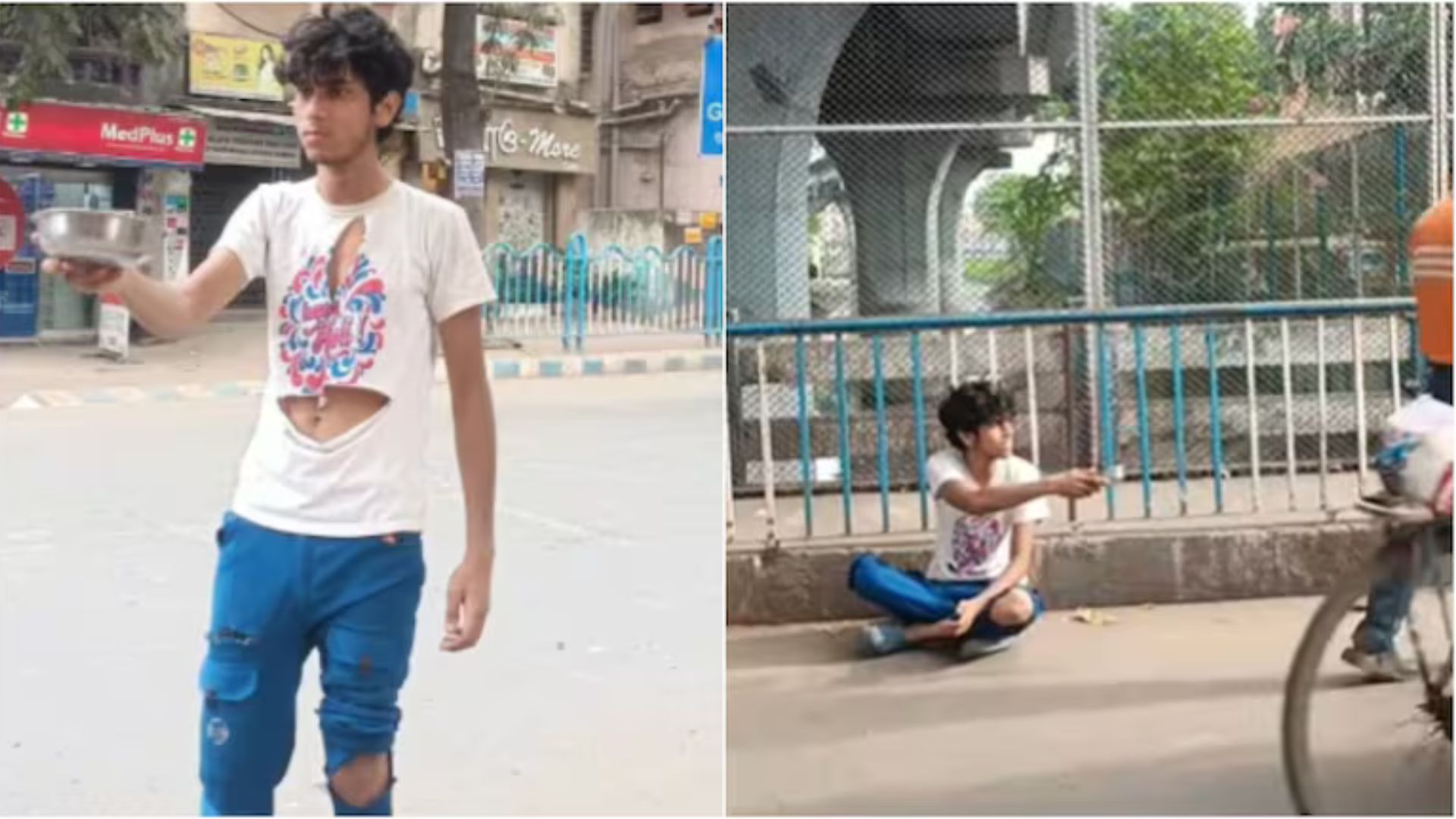


Hundreds of Syrians gathered outside the Al-Mujtahid hospital in Damascus on Thursday to mourn the tragic death of Mazen al-Hamada, a prominent anti-Assad activist. His body, along with 35 others, was discovered in a hospital morgue, bearing signs of torture—a grim reminder of the atrocities committed under Bashar al-Assad’s regime.
Mazen al-Hamada’s activism began during the Arab Spring protests in 2011, which erupted against Assad’s authoritarian rule. Arrested and jailed twice, Hamada endured unimaginable torture before escaping to the Netherlands in 2014, where he sought asylum.
Despite the safety of exile, Hamada made a surprising return to Syria in 2020. Reports suggest he was lured back by Syrian authorities and detained immediately upon arrival at Damascus airport. His fate remained unknown until his body was identified by his family earlier this week.
The bodies of 35 people were found in a hospital morgue in Harasta, a suburb of Damascus. Many bore visible signs of torture. Among them was Mazen al-Hamada, whose family recognized him through photographs.
Harasta has been described as a holding area for detainees who succumbed to torture or harsh prison conditions before being buried in mass graves.
Mourners gathered in large numbers, raising the three-star flag—a symbol of Syria’s opposition. Hamada’s death evoked powerful emotions, with chants of, “We won’t forget your blood, Mazen.” His mother’s cries echoed through the crowd, encapsulating the personal and collective grief of those present.
His sister Amal shared that a doctor confirmed Hamada had been executed around 10 days before his body was found.
During his time in the Netherlands, Hamada courageously spoke out about the horrors he endured in Assad’s prisons. In interviews, he revealed how the regime had stripped him of his youth and innocence, leaving an indelible mark on his life.
Hamada’s story is not unique but serves as a symbol of the suffering experienced by thousands of Syrians. According to the Syrian Observatory for Human Rights, over 60,000 people have died due to torture or deplorable prison conditions since the civil war began in 2011.
The burial coincided with recent developments in Syria’s civil war. Rebel forces, led by the Islamist militant group Hayat Tahrir al-Sham, launched a major offensive on November 27, capturing key cities and ultimately taking Damascus.
Mazen al-Hamada’s death is a stark reminder of the horrors of war and dictatorship. His courage in speaking out against injustice and his tragic end resonate deeply with those fighting for freedom in Syria and beyond.














